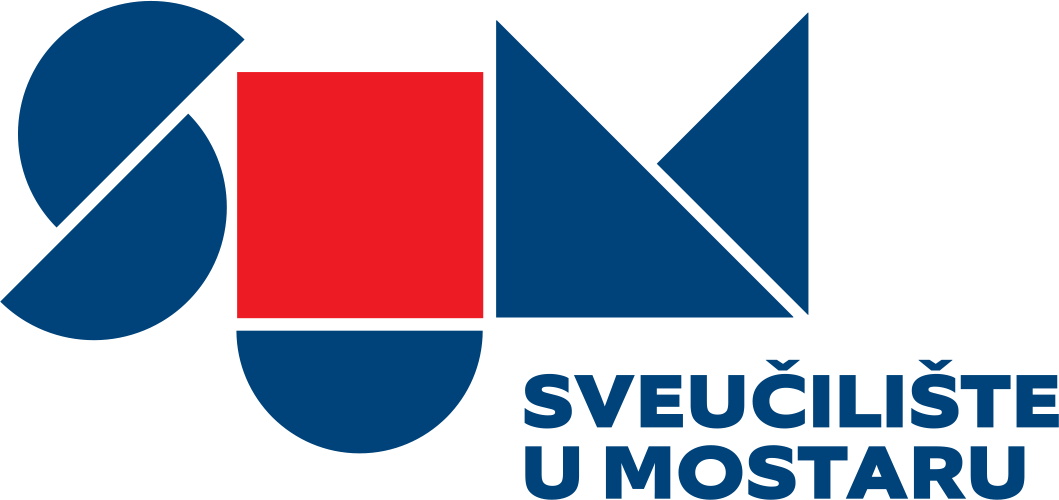The Logopedics Study Programme
The Department of Logopedics offers single-major undergraduate and graduate study programmes and can be attended by full-time students (state-funded or self-financing).
Undergraduate study programme (6 semesters – 180 ECTS credits)
The undergraduate Logopedics study programme offers students the appropriate level of education about this broad area of science and allows them to gain expertise based on core knowledge of human communication.
Upon completion of the undergraduate Logopedics study programme, students will be able to:
- use standard Croatian language in speech and writing;
- apply sign language;
- define core elements of education;
- work on research related to social sciences and present the results of the research;
- describe various types of disorders such as: swallowing disorders, voice disorders, hearing and speech disorders, reading and writing disorders;
- name and describe methods and processes of speech and hearing rehabilitation;
- define and apply basic methods of rehabilitation of people who display speech or hearing disorders;
- participate as an assistant in the rehabilitation of people who display speech or hearing disorders;
Upon completion of the undergraduate Logopedics study programme, the student will acquire the academic title Bachelor of Logopedics.
Bachelors of Logopedics can enrol in the graduate Logopedics study programme, as well as graduate Psychology, Pedagogy, Croatian Language, Social Work, and Elementary Education study programmes. Upon completion of the study programme, the student will be able to participate in the habilitation and/or rehabilitation of spoken, written, and sign language, as well as augmentative, alternative and social communication under the supervision of a Master of Logopedics.
Graduate study programme (4 semesters – 120 ECTS credits)
The single major graduate Logopedics study programme trains students to work on prevention, detection, diagnosis, and treatment of human communication disorders which include all processes and functions that are related to the production of speech, as well as with the perception and production of oral and written language, and forms of non-verbal communication.
Upon completion of the graduate Logopedics study programme, students will be able to:
- use their knowledge of prevention, detection, diagnosis, and treatment of people of all ages who have speech and language disorders;
- plan, organize, carry out, evaluate, and manage the prevention, education, and rehabilitation of individuals or groups of various ages for social integration;
- apply basic communication skills in working with people of different age groups, their parents and close relatives;
- solve critical social situations in a tolerant and humane manner while working with people with disabilities;
- interpret relevant data from expert and scientific literature, which would allow them to solve social issues;
- use their knowledge for clinical and group work with different speech and hearing pathologies of people from different age groups;
- use, set up, and maintain different technical, electro-acoustic groups or devices related to speech and hearing rehabilitation;
- critically self-evaluate and continually take care of their professional growth.
Upon completion of the graduate single major Study of Logopedics, the student will acquire the academic title Master of Logopedics.
Masters of Logopedics will be equipped to work as speech and language therapists and/or enrol in postgraduate study programmes. Different work opportunities include: centres for speech and hearing rehabilitation, centres for medical rehabilitation, centres and institutions for education and rehabilitation, ENT, neurological, psychiatric, audiological, phoniatric and pediatric clinics, mental health institutions, geriatric institutions, preschool institutions, elementary schools, school dispensaries, private practice, research centres etc.



